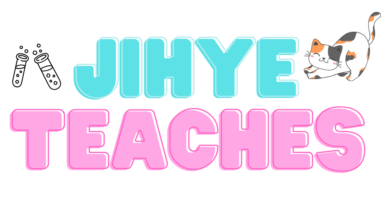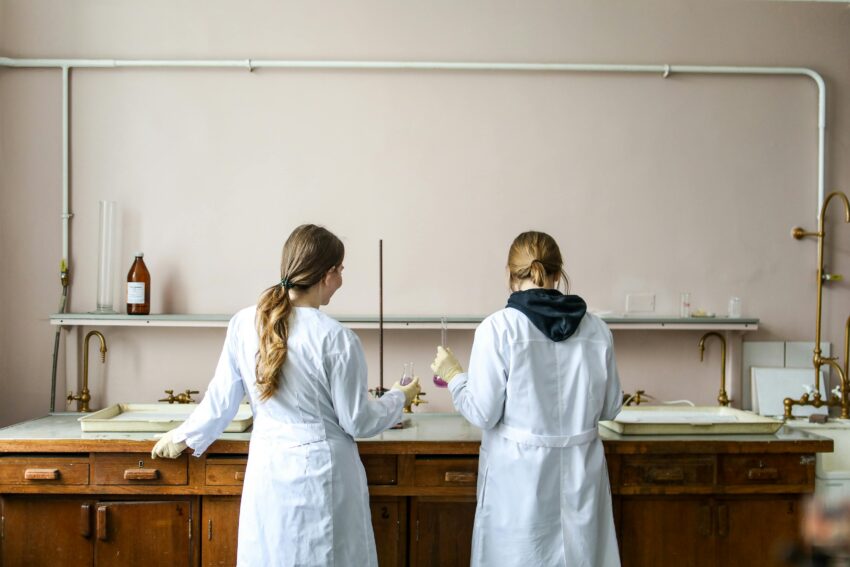I have been doing a lot of reading around transition recently. It is a topic that has frustrated me throughout most of my teaching career, and I am passionate about combating the ‘drop-off’ many schools observe when students join in year 7.
An article in the JSE (https://www.ase.org.uk/resources/journal-of-emergent-science/issue-27/dropping-cliff-or-flying-high-primary-secondary) summarised a lot of the likely primary causes of the issue well. Fundamentally, the main problem seems to be that secondary teachers do not understand how science is studied in primary, or they understand it but don’t accommodate it in how they teach transition. At the same time, Primary teachers are not always aware of how they can adapt or add to their curriculum in ways that would help prepare students for transition.
The ideal solution is for secondary teachers and primary teachers from their feeder schools to have a chance to sit together and bridge the terminology gap between the two phases, standardising the terminology for skills and key principles between year 6 and year 7. An example for this would be “fair testing” which is commonly used in primary but not usually seen in modern secondary curriculums. It is right that we move on to more ‘correct’ terminology, but managing that change is important, whether it be that the new terms are introduced in primary, or the year 7 curriculum explicitly teaches the change.
In practice, it may not be within the teachers’ control to get these types of meetings off the ground. A practical alternative would be for primary teachers to review places like the education endowment trust (https://educationendowmentfoundation.org.uk/education-evidence/guidance-reports/science-ks3-ks4) , and secondary teachers to use resources like the Primary Science Trust (https://pstt.org.uk/resources/enquiry-skills/) to see how the actual curriculum teaching is approached in the other phase and highlight ways they can incorporate bridging the gap into their existing teaching.
Strategies such as using both key terms in tandem until students are comfortable with the new terms, or simply referring back to specific things learned in primary, are small and simple to implement, but can have a big impact.
Another area of shock for students can be the focus on writing and lecturing at secondary school. While secondary education may often by necessity take on a different form from primary education, it is important to remember that year 7s are not significantly older than year 6s and may benefit from a more hybrid approach, using an inquiry led curriculum, whilst taking time to build note taking, revision, and study skills to a secondary level in preparation for the greater demand of year 9 and beyond. The temptation in recent years has been to erode away KS3 in favour of focusing on content for GCSE as Science is so content-heavy at GCSE, however, I feel that preserving year 7 and 8 as a space to continue to build curiosity and interest in science, whilst building skills that are fundamental to advanced science study is actually the better approach. Students study many topics repetitively in each phase, and this can be challenging for maintaining GCSE engagement and a focus on core strands, skills, and the real world would seem like it might be a better long-term investment for students.
[Photo by Polina Tankilevitch]

